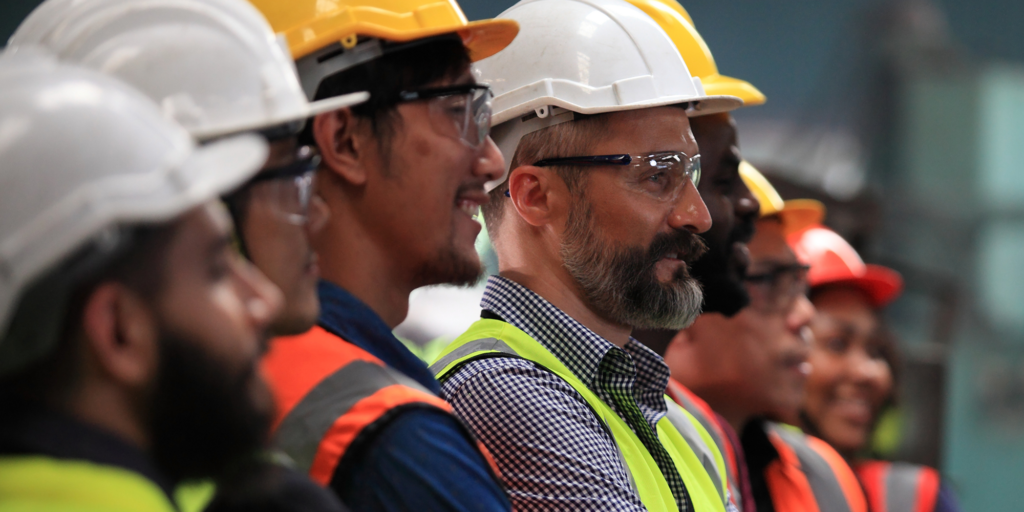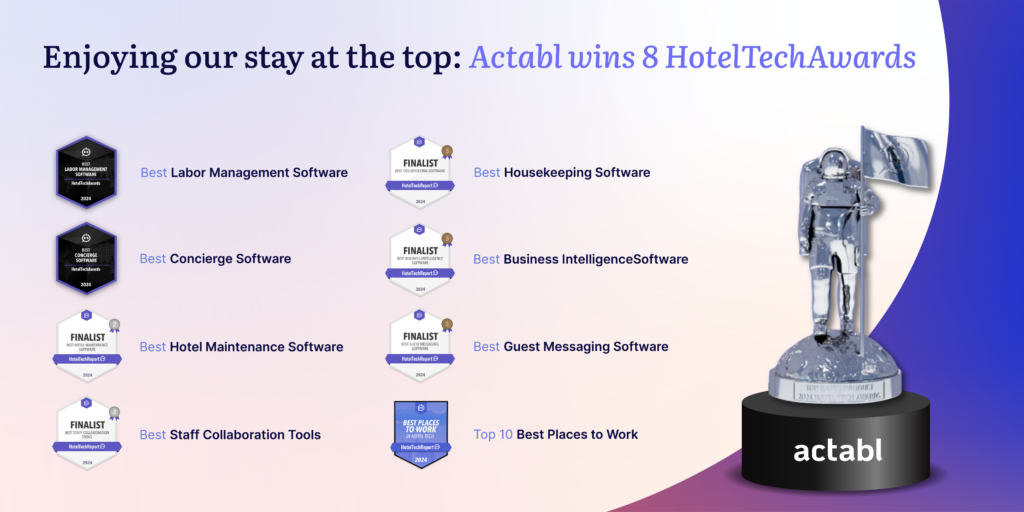
7 Traits of Highly Effective Maintenance Managers
How effective is your maintenance team, do they make a positive contribution to the bottom line or are they stuck fighting one fire after another? Perhaps it is time to hit the reset button on maintenance management.
If you consider that maintenance teams just like many other organizational department then managing a maintenance unit is fairly straightforward. They require good management, a set of attainable objectives and a quality CMMS programs in order to make a significant positive contribution.
From a business perspective a CMMS system would seem easy enough to set up. Every good manager knows that they need a plan and the tools necessary to make staff as efficient and effective as possible. So why is it that so many organizations are suffering from increasing labor costs, rising work order backlogs and unexpected demands for capital asset replacements?The short answer is that far too many senior executives see maintenance as a necessary evil that already costs the organization too much money. Hence, investing in CMMS systemsis seen as a pure expense. They do not comprehend that an ROI of 10-25% every year can add more to the bottom line than 10-25% increase in revenue.
It would be easy to launch an attack on senior managers that only see more revenue as a solution or lack the vision and/or the fortitude to seek long-term operations solutions. In fact, challenging and teaching executives is one of my favorite pastimes.
However, today the focus is on what maintenance management can do to help themselves and their teams to survive with the tools and the technology available to them.
Maintenance Planning and Initiative
Improving your maintenance team’s performance without the full support of executive management takes a little planning and initiative. Most people inherently want to do a good job, so making changes is not difficult if you keep in mind the 7 traits of highly effective maintenance managers.
7 Maintenance Management Traits to Develop
- Communication: Effective maintenance managers use their time wisely. Every meeting has an agenda, a time limit and a purpose. Meetings are to disseminate information only. The information flow should always be a two-way street. Staff ideas and feedback are an essential part of successful operations.
- Organization: Daily meetings are limited to the distribution of work orders, distributing schedules items and setting expectations. Maintenance staff should always know what they are supposed to do, when they are supposed to do it and to keep accurate records of their work.
- Proactive maintenance: The best maintenance crews are able to minimize fire-fighting because they have taken the time to implement preventive and predictive maintenance techniques. Ideally, proactive maintenance should account for at least 80% of all work performed.
Achieving this goal requires that scheduled maintenance is not ignored or deferred. Maintenance that is deferred or ignored usually comes back as unplanned emergencies which only increases costs and lowers effectiveness. - Automation: Effective maintenance teams automate work management processes as much as possible. Filling out paper for work requests, work orders, inspections and maintenance tasks etc. is a waste of time. CMMS is great for this but even without a CMMS solution, paperwork can be sharply reduced with PC spreadsheets.
- Mobility: Maximizing wrench time is important. Increased mobility using rugged mobile devices, smart phones, handheld scanners etc. decreases paperflow and also keeps maintenance teams in the field longer.
- Knowledge base: Great maintenance teams always know the location and the condition of their assets. At the very least, work management records should be entered into a computer (not stored in file cabinets). At the best, these records are supported by a CMMS system.
- Training: Good maintenance teams are well trained. Consistent training especially with the information collected in the knowledge base lowers the learning curve and helps to establish standard operating procedures.
Without a doubt; CMMS, FM, RCM or CBM software tools are definitely nice to have. These tools certainly go a long way toward maximizing wrench time and adding to an organization’s bottom line. But for organizations that do not have them, setting goals with the 7 traits in mind creates the foundation for a solid maintenance teams.
Lastly, maintenance managers do not need to fear that if they do a better job without a CMMS that senior management will say they do not need one. I have seen many operation’s deals struck where better tools were purchased with the cost savings achieved by well-managed maintenance units (you do have to make this deal ahead of time).
Share with us how you have improved your maintenance performance with or without the benefit of CMMS or other software system.







